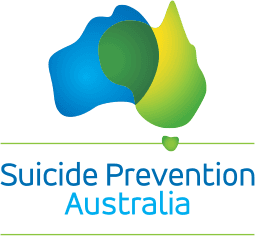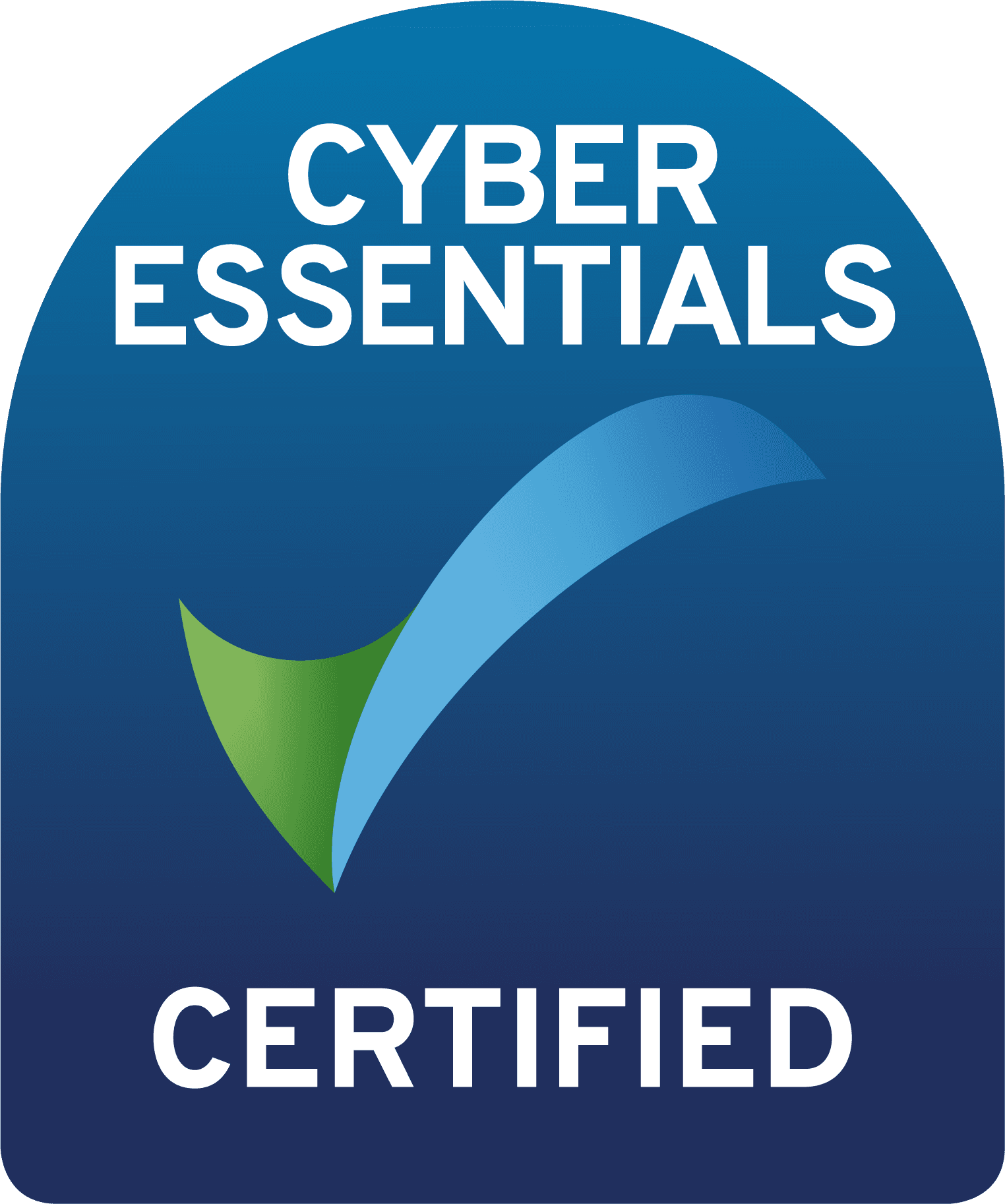Columbia Suicide Severity Rating Scale C-SSRS
Columbia Suicide Severity Rating Scale C-SSRS overview
Creator and Context
The Columbia Suicide Severity Rating Scale (C-SSRS) is a widely used, evidence-based tool for assessing suicide risk. Developed for clinical and research settings, it offers a detailed evaluation of suicidal ideation and behavior. The C-SSRS is recognized for its effectiveness in identifying individuals at various stages of suicide risk, from mild thoughts to severe plans and actions.
The C-SSRS was developed by researchers at Columbia University, led by Dr. Kelly Posner. Its development was part of a collaborative effort involving various institutions, including the University of Pennsylvania and the University of Colorado, under the auspices of the American Foundation for Suicide Prevention and with funding from the National Institute of Mental Health.
Presenting Conditions
The C-SSRS assesses:
Suicidal Ideation: The scale gauges the severity and immediacy of thoughts about self-harm and suicide.
Suicidal Behavior: It evaluates any history of self-injurious acts, attempts, and preparations for suicide.
Administration
The C-SSRS is a clinician-administered scale, comprising a series of simple, plain-language questions. These questions are designed to be straightforward and easy to understand, allowing for accurate and rapid assessment of suicide risk.
Desired Audience
The C-SSRS is suitable for use across all age groups and in a variety of settings, including psychiatric and medical healthcare facilities, schools, communities, military, and research.
The scale is used to determine the level of suicide risk, guide clinical decision-making, and inform treatment plans. It is also a valuable tool for research in understanding and preventing suicide.
Considerations
Training is recommended for those administering the C-SSRS.
Cultural and contextual factors should be considered in interpretation.
The C-SSRS is an assessment tool, not a standalone diagnostic or treatment plan.
How to score the Columbia Suicide Severity Rating Scale C-SSRS
Conducting the assessment
The scale consists of a series of questions about thoughts, plans, behaviors, and intentions related to suicide. Clinicians administer the scale through an interview, which can range from a few minutes to a more extended discussion, depending on the responses.
Interpretation
The C-SSRS includes a scoring system that categorizes the severity and immediacy of risk. The responses guide clinicians in determining the level of risk and the need for immediate intervention.
The interpretation of the C-SSRS scores focuses on the presence and intensity of suicidal ideation, the behaviour’s recency, frequency, intensity, and change over time. A higher degree of ideation and behaviour typically indicates a higher risk.
Clinical Considerations
Use the C-SSRS as part of a comprehensive risk assessment.
Engage in risk reduction strategies, including safety planning and appropriate referrals, based on the assessment.
Regularly reassess risk in patients with known or suspected suicide risk.
Columbia Suicide Severity Rating Scale C-SSRS use cases
The C-SSRS is widely used in:
Mental health assessments
Emergency departments
Military settings
Schools and universities
Community outreach programs
Category
Risk Assessment
Research Summary
Posner, K., Brown, G. K., Stanley, B., et al. (2011). The Columbia–Suicide Severity Rating Scale: Initial validity and internal consistency findings from three multisite studies with adolescents and adults. American Journal of Psychiatry, 168(12), 1266-1277.
Mundt, J. C., Greist, J. H., Gelenberg, A. J., et al. (2013). Feasibility and validity of a tool for identification of people at risk for suicide. Journal of Clinical Psychiatry, 74(07), e555-e560.
Posner, K., Brent, D., Lucas, C., et al. (2008). Columbia-Suicide Severity Rating Scale (C-SSRS). Columbia University Medical Center.










